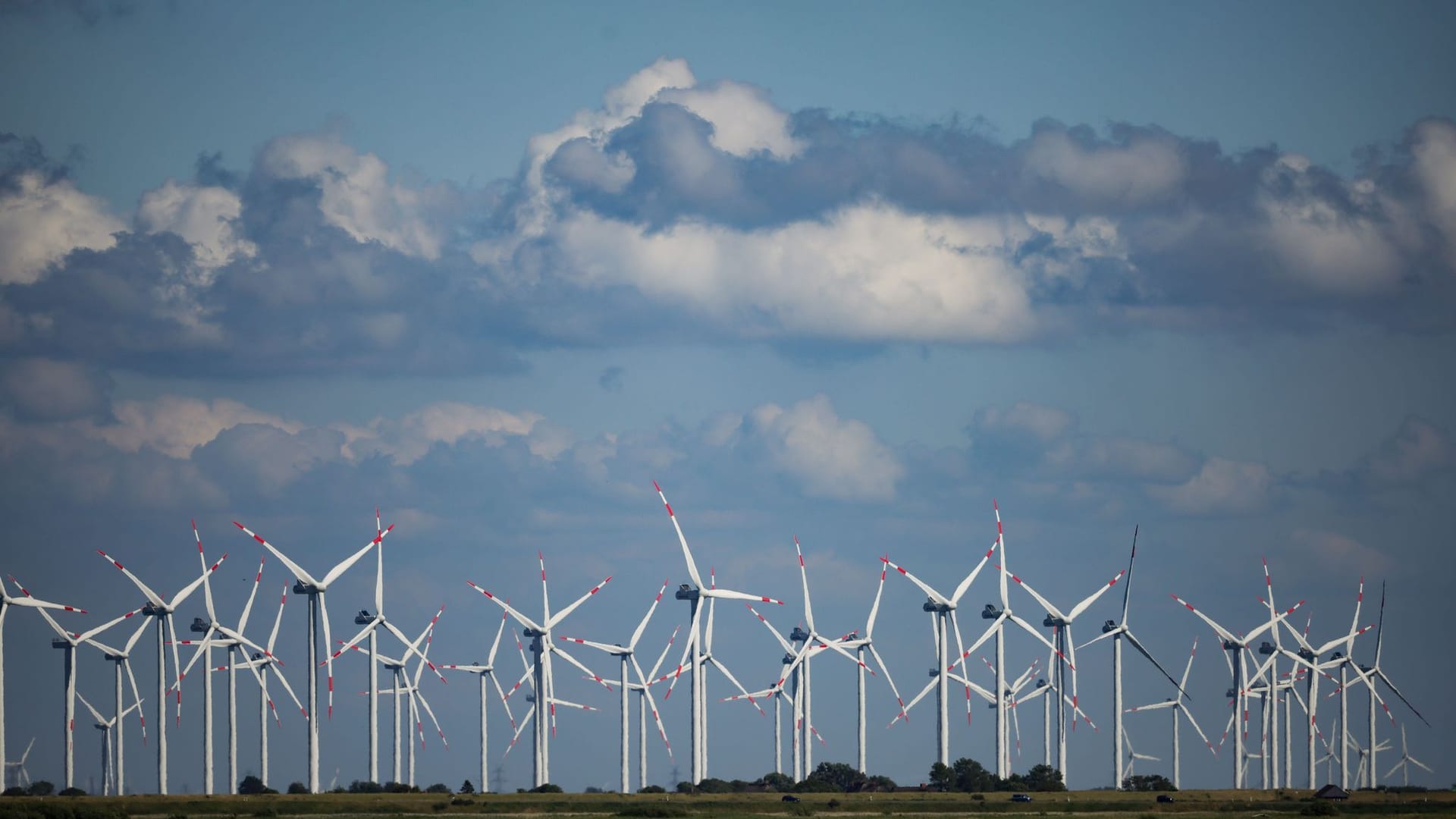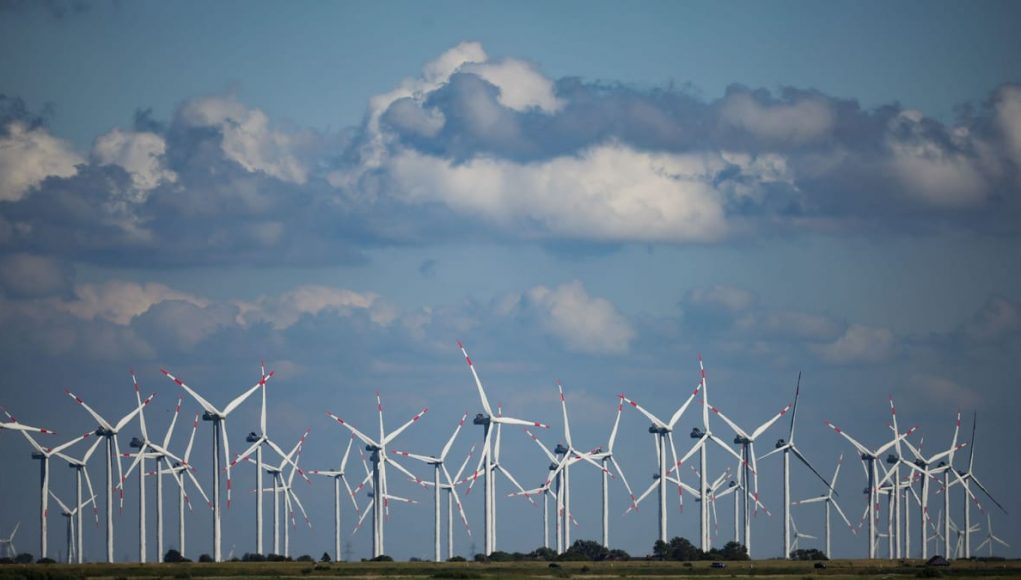Sweden angry at Germany
Electricity price breaks record – is the “dark doldrums” to blame?
12/13/2024Reading time: 3 minutes

It's not just the Swedish Energy Minister who is angry: the price of electricity broke a record on Thursday. This time the “dark doldrums” is also to blame. But what is that anyway?
It was a dubious record: a megawatt hour of electricity cost 936 euros on the stock exchange on Thursday evening between 5 and 6 p.m. – more than at the height of the energy crisis in 2022. Although the record price only lasted for an hour, the electricity prices on the stock exchange have increased several times in the past few weeks unusually high.
Even the Swedish Energy Minister Ebba Busch was outraged on X about the rapidly rising electricity prices – and blamed Germany for part of the blame.
This time the so-called “dark lull” is to blame for the price spikes. But what does the term mean? What do the price fluctuations mean for German consumers? And is the Swedish minister’s accusation true? We answer the most important questions.
The “dark doldrums” describes a worst-case scenario for renewable energies: there is no sun shining and no wind blowing. So neither solar nor wind energy is produced. Even if renewables can cover almost all of Germany's electricity needs on good days, there are scenarios in which they supply almost nothing at all.
The German term for the horror scenario has had quite a career: Even in English-speaking countries, experts use the word “Dunkelflaute” for the phenomenon.
“Dark doldrums” does not mean that Germany is on the verge of a power outage. Electricity requirements are simply met in other ways. On the one hand, Germany imports electricity from other EU countries. This is a normal procedure because the electricity market is a European one: electricity is purchased where it is cheapest.
In addition, energy sources that can be activated quickly are being switched on in Germany. Ideally, these are primarily gas power plants, but coal-fired power plants can also be started up.
Even without a blackout, there is an unpleasant consequence of the “dark doldrums”: the price of electricity can skyrocket for a short time.
The price of electricity is determined every day on the European electricity exchange through so-called day-ahead trading for the following day. In addition, there is also intra-day trading on the exchange: Here, the missing electricity can be purchased on the respective day. Since the prices here refer to short periods of time, fluctuations in supply and demand are immediately noticeable.
- This way you can save money with the dynamic electricity price
At the same time, the German electricity market has another special feature. The “Merit Order” determines which systems are allowed to feed electricity into the German grid. The organizing principle is simple: the power plants are sorted according to price, with the cheapest first. The price of electricity is then determined by the price of the last power plant needed to meet demand.
Private consumers generally do not notice price spikes. The majority of Germans have electricity tariffs in which the price is fixed for a longer period of time – so the price peaks are borne by the electricity providers. Conversely, this also means that if the price is particularly low, the savings are not passed on to consumers.
In the economy, however, things look different. Companies with high energy consumption in particular buy electricity more quickly and directly, and therefore also experience price spikes.
Electricity is traded on a European market. When there is a shortage of energy, but also when prices are particularly low, it is imported from other EU countries. Northern Germany is an important exporter for Sweden because of its geographical proximity.
The reason for Ebba Busch's anger is not how Germany produces its electricity, explains watson.de, among others. She criticizes Germany above all for the fact that there is only one electricity price for the entire country. This means: If there is no sun shining in southern Germany, electricity will also be expensive in northern Germany. And if the price rises in Germany, Sweden will also have to pay more. Conversely, both countries also benefit from each other if electricity is cheap here or there.
Economics Minister Robert Habeck (Greens) had actually planned to have more gas power plants built in the event of the “dark calms”, which could later be operated with hydrogen in a CO2-neutral manner. The advantage of such power plants is that they can be started up and shut down again very quickly and can therefore step in in the event of a “dark lull”. And it does so faster than coal-fired power plants or nuclear power plants, which are intended to generate the base load in the power grid.
However, they are unlikely to be worthwhile for energy companies because they are only intended to run for a short period of time in an emergency. That's why Habeck actually wanted to support it with tax money. But because the traffic lights are off, nothing will come of it for now.































